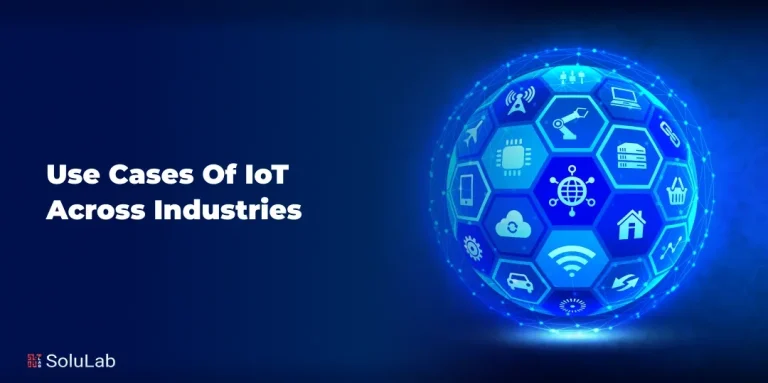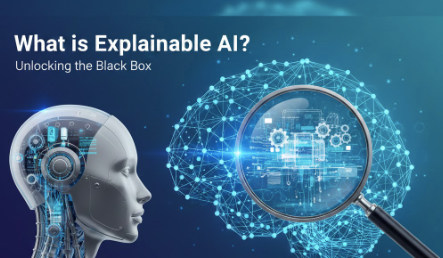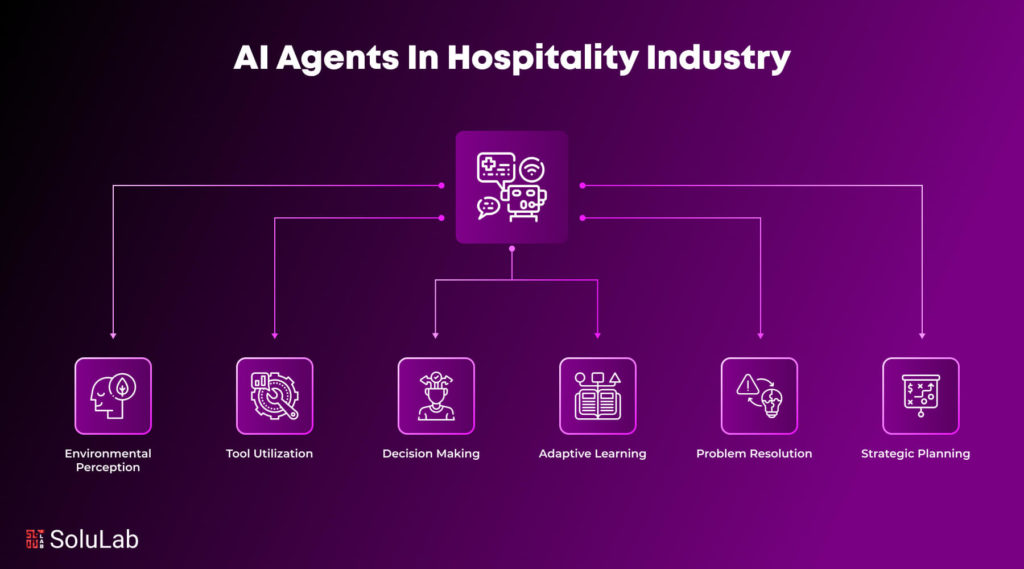
AI agents are emerging as critical technologies that reinvent the dynamics of operations and guest contact in the hospitality sector, which is undergoing a substantial digital transition. These agents, who are equipped with modern artificial intelligence capabilities, manage and optimize complicated operational activities, surpassing the expectations of traditional customer service jobs and creating a new benchmark for the sector.
From 2023 to 2031, the worldwide artificial intelligence in hospitality industry market is expected to expand by 12% yearly. The capacity of AI to improve visitor experiences, expedite processes, and effectively customize services to individual tastes is what is driving this expansion. Furthermore, it has been demonstrated that using AI significantly raises guest happiness, with post-adoption satisfaction levels jumping from an average of 2.5 to 8.7 and a corresponding improvement in revenue growth and operational efficiency. Streamlining processes is a top priority for 83% of hospitality companies, and AI is essential to reaching this level of efficiency.
The application of AI in hospitality industry is shown to be quite advantageous. These agents are designed to precisely answer questions from visitors and automate complex tasks like booking a hotel, handling maintenance, and providing individualized care. They are revolutionizing the provision of services, augmenting visitor contentment and greatly boosting operational efficacy.
In this blog, we will discuss the important role AI agents are playing in revolutionizing the hospitality industry. We will go over how they can completely change the way services are provided, how efficiently operations run, and how guests are treated, as well as the strategic decisions that must be made in order to maximize their potential and minimize hazards.
What are AI Agents?
An artificial intelligence (AI) agent, sometimes called an intelligent agent, is a very effective virtual assistant that uses AI to carry out activities on its own. They are able to take in information about their surroundings, process it using models and algorithms, come to conclusions, and act to accomplish certain objectives. They are made to function somewhat independently and adaptably to shifting circumstances. Through continual interactions and the use of cutting-edge technologies like Large Language Models (LLMs), artificial intelligence (AI) agents are able to continuously improve their abilities and become more proficient.
Working together is essential for autonomous AI systems. Several agents collaborate often, taking on different responsibilities akin to those of a specialist team. This collaborative approach improves the efficacy of problem-solving by having each agent apply its specialized knowledge to a shared goal, simplifying the approach to solving complex challenges.
AI in hotel industry agents serves as smart assistants interacting with visitors, doing duties, making suggestions, and improving the overall visitor experience. Through interactions, these agents are always learning and changing, which helps them perform better over time.
Basic Functions of an AI Agent
AI agents are designed to handle tasks ranging from simple to highly complex processes. Their skills allow them to play critical roles that have a substantial influence on productivity and strategic planning inside enterprises, including the AI hospitality industry.
-
Environmental Perception
AI agents are adept at continually examining and analyzing their operating settings. This continuous monitoring enables them to recognize and respond to changes quickly. Large Language Model (LLM) agents, in particular, are proficient in interpreting complex instructions, context, and objectives through their advanced language understanding capabilities. This allows them to operate independently or semi-autonomously, reacting constantly to human commands and environmental inputs.
-
Tool Utilization
AI agents in hospitality utilize various tools to enhance their decision-making and task execution. These tools include calculators, APIs, analytics tools, databases, and advanced search engines, which help gather and process information crucial for informed decision-making. The integration of diverse tools allows AI agents to extend their functionality and adaptability across different scenarios.
-
Decision Making
AI agents base their choices on detailed, data-driven insights. LLMs’ excellent language comprehension allows these agents to grasp complicated datasets and contextual subtleties. This capability enables them to execute tasks autonomously and align closely with strategic business objectives, ensuring every action is informed and purposeful.
-
Adaptive Learning
One of the most distinguishing qualities of AI agents is their capacity to learn from results and constantly improve their techniques. Adaptive learning is critical for increasing efficiency and effectiveness over time. LLM-powered AI agents utilize advanced reasoning techniques such as chain-of-thought and tree-of-thought reasoning, allowing them to draw logical connections and develop innovative solutions to complex problems. This superior learning process improves their problem-solving ability and strategic adaptability
-
Problem Resolution
AI agents excel at finding and resolving problems, frequently anticipating future difficulties before they worsen. This proactive approach to problem resolution is particularly enhanced by LLMs’ ability to manipulate text to generate specific outputs, such as reports, emails, or customized content. This skill addresses urgent problem-solving demands while also contributing to improved communication and information distribution.
-
Strategic Planning
The capacity of AI agents in hospitality to evaluate data and foresee trends is critical in strategic planning. They provide a substantial contribution to long-term company planning and resource allocation by giving insights that help shape future initiatives. This foresight helps firms to plan for future demands and allocate resources accordingly, resulting in improved preparation and strategic agility.
Types of AI Agents Used in Hospitality
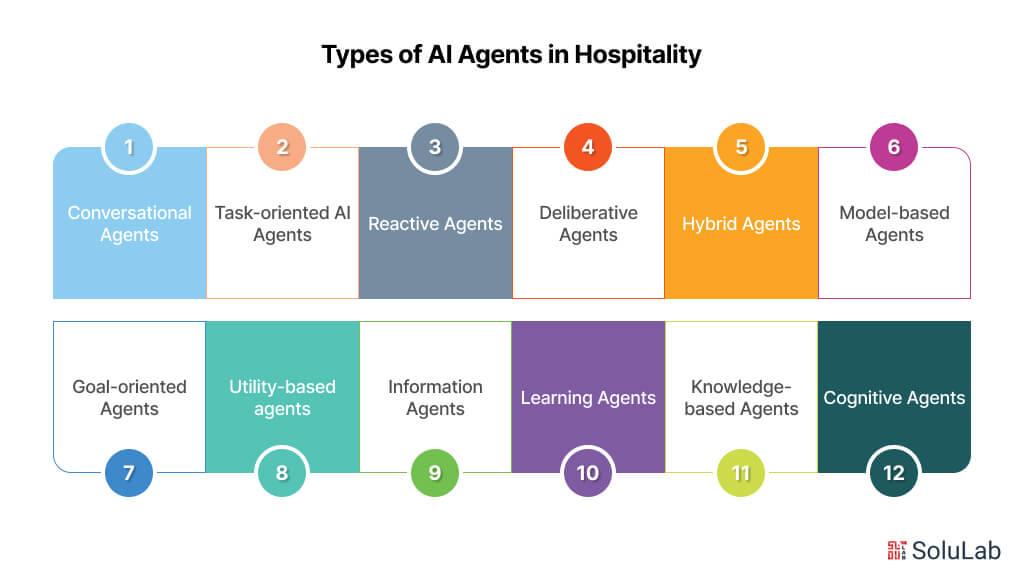
Integrating AI agents into the hotel business improves service delivery and efficiency in operations. While this article emphasizes mostly LLM-powered AI agents, such as conversational and task-oriented agents, it is necessary to quickly discuss the larger array of types of agent in AI and their significance to the hotel industry.
- Conversational Agents: These are AI agents that manage visitor interactions using advanced natural language processing (NLP) technology. Conversational agents are critical in the hospitality business because they provide 24-hour customer support and answer questions about facilities, booking information, and local activities. They may manage several conversations at once, providing individualized replies that improve the user experience.
- Task-oriented AI Agents: These agents in hospitality have the goal of performing certain, set tasks, including check-ins and check-outs, room service orders, and cleaning requests. By automating common operations, these agents allow up personnel to focus on more complicated guest demands, resulting in higher overall service quality and efficient operations.
- Reactive Agents: Reactive agents, which have no recollection of previous contacts, are used in hospitality for jobs that demand instant action based on current information. For example, they may employ occupancy sensors to modify heating, ventilation, and air conditioning (HVAC) settings in real-time, as well as control lighting and energy consumption effectively.
- Deliberative Agents: These possess symbolic thinking abilities and may plan and barter to attain their goals. Deliberative agents assist the hospitality industry in managing complicated scenarios such as planning major events, allocating conference resources, and optimizing personnel rosters according to predicted guest flows.
- Hybrid Agents: Hybrid AI in hospitality combine the skills of reactive and deliberative agents, providing both operational robustness and planned flexibility. They can efficiently manage guest interactions and allocate resources across several departments, including front desk operations, maintenance, and cleaning.
- Model-based Agents: These agents have a knowledge base that contains information about the dynamics of the environment they work in as well as regulations. This enables them to successfully forecast future situations by simulating various scenarios and consequences depending on potential actions. They come in especially handy in situations when all the information isn’t always available. These agents might be employed in the hotel industry to forecast visitor behavior or to best allocate resources during periods of high and low demand.
- Goal-oriented Agents: These agents with a goal-oriented approach concentrate on accomplishing certain objectives and are capable of weighing the pros and drawbacks of several options to arrive at the best choice. Goal-oriented agents in the hotel industry may oversee marketing programs to boost occupancy rates or enhance dynamic pricing tactics to optimize earnings.
- Utility-based agents: These agents in hospitality examine multiple states using a utility function to optimize outcomes such as guest happiness or operational cost savings. For example, they may manage dynamic pricing or tailor marketing efforts to different visitor categories in order to increase profitability.
- Information Agents: In the hotel industry, information agents handle, manage, or compile data from many sources to aid decision-making. These agents improve market information by collecting and aggregating consumer comments, ratings, and preferences, allowing for greater service customization and guest experience design.
- Learning Agents: These agents in hospitality increase their performance through experiences and interactions. They adjust their methods for individualized visitor encounters, inventory management, and advertising campaigns based on the results of their actions and changing guest preferences.
- Knowledge-based Agents: These agents use a database of rules and organized data to make judgment calls and offer professional guidance. Knowledge-based agents in the hotel sector can assist in the analysis of customer data and market trends to provide individualized experiences or enhance operational plans.
- Cognitive Agents: Endowed with sophisticated machine learning decision-making skills, cognitive agents decipher and evaluate intricate datasets within the hospitality industry. They are perfect for jobs that need in-depth research, such as forecasting market trends or seeing patterns in visitor behavior to help with strategic planning.
AI Agents Use Cases in Hospitality
AI agents are revolutionizing hospitality operations by automating processes, improving guest experiences, and increasing operational efficiency. Here are some significant AI agent use cases in the hospitality industry:
-
Virtual Concierge and Guest Communication
AI-powered virtual agents may respond to visitor inquiries 24 hours a day, seven days a week via chatbots, voice assistants, messaging applications, and other platforms. They respond quickly and casually to questions about amenities, area attractions, food recommendations, and other topics. These agents can also deliver automated messages such as pre-arrival emails, reservation confirmations, and post-stay surveys.
-
Personalized Guest Experience
Using visitor data and natural language skills, automated AI agents may generate highly customized encounters based on guests’ preferences. These AI agents boost the visitor experience by curating room amenities and in-store activities, as well as giving contextual restaurant/experience suggestions.
-
Intelligent Revenue Management
Autonomous AI agents help with intelligent demand forecasting, price optimization, and flexible inventory allocation to optimize income. They examine historical data, competition rates, market trends, and other factors to offer optimal pricing and distribution methods.
-
Dynamic Pricing
Generative AI agents assist hotels and other hospitality firms in optimizing pricing strategies through the use of sophisticated algorithms. By evaluating market trends, demand patterns, and competition pricing, these agents may modify hotel rates in real-time to optimize income while remaining competitive.
-
Multilingual Customer Support
LLM-powered AI bots with multilingual language models may converse with visitors in their own language, overcoming cultural and linguistic divides. Hotels can now deliver cost-effective, seamless worldwide customer care.
-
Conversational Room Controls
AI agents use speech interfaces and contextual awareness to allow visitors to manage room settings such as temperature, lighting, and multimedia systems via natural conversations, enhancing comfort and convenience.
-
Predictive Operations and Maintenance
AI agents can forecast maintenance requirements, manage cleaning schedules based on occupancy, simplify supply chain operations, and more to help hotels run more smoothly.
-
Efficient Reservation Management
AI reservation managers simplify and enhance the booking process, including reservation logistics and payment processing. These agents are skilled in increasing rates of occupancy and changing reservations to meet visitor changes. By seamlessly communicating with existing hotel management systems, they make sure booking procedures are both quick and error-free.
-
Travel Planning
Conversational AI bots can serve as intelligent travel advisers, comprehending natural language questions and offering individualized trip-planning advice. By assessing preferences, finances, and travel goals, they may offer personalized itineraries, lodging alternatives, activities, and local experiences.
-
Enhanced Access Control and Security
AI agents use biometric and face recognition data to enable increased security measures in hospitality situations. By precisely confirming visitors’ identities, these technologies expedite check-in procedures and enhance security, guaranteeing a smooth and safe visitor experience. AI agents efficiently handle and make use of the information from these systems to maximize productivity and visitor security.
Benefits of AI Agents in Hospitality
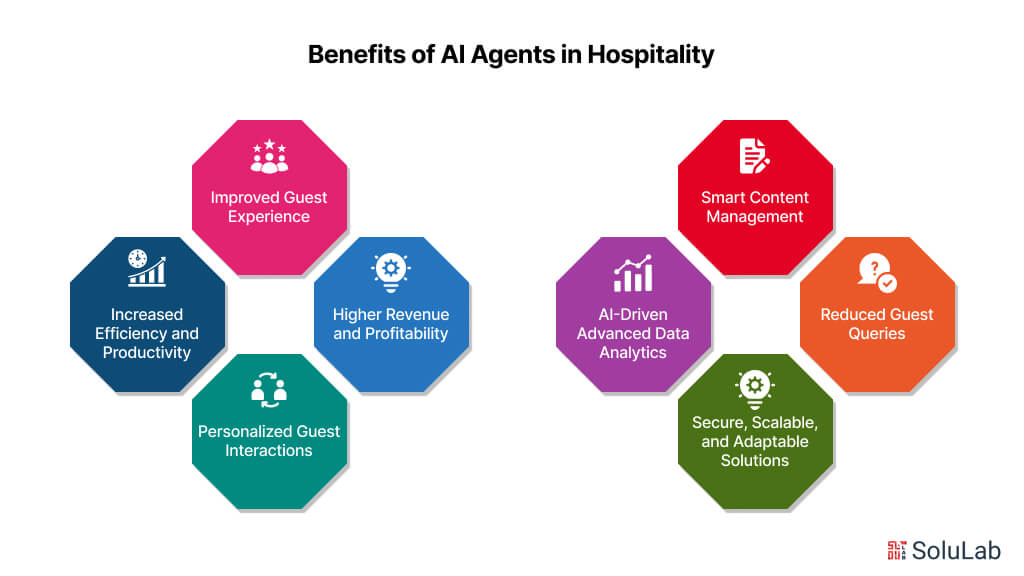
Integrating AI agents into the hospitality industry offers a multitude of advantages that enhance service delivery, operational efficiency, and overall guest satisfaction. Here are the key benefits of AI agents in hospitality:
-
Improved Guest Experience
AI agents, particularly conversational agents, provide 24/7 customer service, handling inquiries about amenities, booking details, and local attractions. Their ability to manage multiple interactions simultaneously ensures guests receive prompt, personalized responses, significantly enhancing their overall experience.
-
Increased Efficiency and Productivity
Task-oriented AI agents automate routine tasks such as check-ins, check-outs, room service orders, and housekeeping requests. This automation allows staff to focus on more complex and personalized guest needs, improving both service quality and operational efficiency.
-
Higher Revenue and Profitability
Goal-oriented and utility-based agents focus on achieving specific objectives, such as increasing occupancy rates or maximizing revenue through dynamic pricing strategies. Their ability to evaluate the consequences of different actions ensures optimal decision-making aligned with business goals, driving higher revenue and profitability.
-
Personalized Guest Interactions
Learning agents continuously improve their performance by learning from past interactions and outcomes. In hospitality, they adapt their strategies for personalized guest interactions, ensuring services evolve with guest preferences, leading to a more tailored and satisfying guest experience.
-
Smart Content Management
AI agents, especially those with natural language processing capabilities, excel in managing and generating content. They can handle guest communications, generate reports, and create customized content, making content management smarter and more efficient.
-
AI-Driven Advanced Data Analytics
Cognitive agents leverage advanced machine learning techniques to analyze complex datasets. They predict market trends, analyze guest behavior patterns, and support strategic planning, providing valuable insights that enhance long-term competitiveness and decision-making.
-
Reduced Guest Queries
By handling common inquiries and tasks efficiently, AI agents reduce the volume of guest queries that require human intervention. This ensures that guests receive timely responses and allows staff to focus on more complex issues, improving overall guest satisfaction.
-
Secure, Scalable, and Adaptable Solutions
AI agents offer secure, scalable, and adaptable solutions that can grow with the business. Their ability to handle increasing volumes of data and interactions ensures that hospitality businesses can scale their operations efficiently while maintaining high standards of service and security.
Future Trends for AI Agents in Hospitality
As AI technology continues to evolve, its impact on the hospitality industry is expected to grow, offering new possibilities for enhancing guest experiences, streamlining operations, and driving business success. Here are some of the future trends for AI agents in hospitality:
-
Advanced Personalization
AI agents will increasingly leverage big data and machine learning to deliver highly personalized guest experiences. By analyzing guest preferences, behavior patterns, and past interactions, AI agents can offer customized recommendations, personalized services, and tailored marketing efforts, enhancing guest satisfaction and loyalty.
-
Seamless Integration with IoT
The integration of AI agents with Internet of Things (IoT) devices will create smarter, more responsive environments in hotels and other hospitality settings. AI-driven systems will control room settings, such as lighting, temperature, and entertainment, based on guest preferences and real-time data, providing a seamless and comfortable stay.
-
Enhanced Customer Service with Multilingual Capabilities
AI agents will continue to improve their natural language processing capabilities, including multilingual support. This will enable them to effectively communicate with guests from diverse linguistic backgrounds, offering high-quality customer service and breaking down language barriers.
-
Virtual and Augmented Reality Experiences
The adoption of virtual reality (VR) and augmented reality (AR) technologies in conjunction with AI agents will enhance the guest experience by providing virtual tours, interactive maps, and immersive experiences. These technologies will help guests explore hotel facilities, local attractions, and event venues, enhancing their overall experience.
-
AI-Driven Marketing and Sales Strategies
AI agents will enable more sophisticated marketing and sales strategies by analyzing vast amounts of data to identify trends, predict customer behavior, and optimize pricing. This will allow hospitality businesses to implement dynamic pricing models, targeted promotions, and personalized marketing campaigns, driving revenue growth and profitability.
-
Contactless and Touchless Solutions
The demand for contactless and touchless solutions will continue to rise, driven by guest preferences for safety and convenience. AI agents will facilitate seamless check-ins and check-outs, mobile room keys, voice-activated controls, and automated concierge services, minimizing physical contact and enhancing the guest experience.
-
Sustainable and Eco-Friendly Practices
AI agents will contribute to sustainability efforts by optimizing energy use, reducing waste, and promoting eco-friendly practices. They will monitor and manage resources efficiently, recommend sustainable options to guests, and help hospitality businesses achieve their environmental goals.
-
Continuous Learning and Adaptation
Future AI agents will incorporate advanced learning algorithms that enable them to adapt to changing conditions and continuously improve their performance. This will ensure that AI-driven systems remain relevant and effective, providing ongoing value to both guests and hospitality businesses.
By staying ahead of these trends, hospitality businesses can leverage AI agents to enhance guest experiences, improve operational efficiency, and maintain a competitive edge in a rapidly evolving industry.
Conclusion
The integration of AI agents in the hospitality industry offers transformative potential, significantly enhancing guest experiences and streamlining operations. From personalized guest interactions and advanced data analytics to predictive maintenance and seamless IoT integration, AI agents are reshaping the way hospitality businesses operate. These technological advancements not only improve customer satisfaction and loyalty but also drive operational efficiency and profitability, setting a new standard for service quality in the industry.
However, implementing AI solutions comes with its own set of challenges, including data privacy concerns, integration with existing systems, and the need for ongoing maintenance and updates. SoluLab, an AI Agent development company, can address these challenges by providing customized AI solutions tailored to the unique needs of hospitality businesses. Our expertise in AI and web3 technologies ensures that your systems are secure, scalable, and adaptable. When you hire AI developer from SoluLab, you can leverage innovative technology to enhance your services and stay ahead of industry trends. Contact us today to explore how we can help you transform your hospitality business with AI-driven solutions.
FAQs
1. What are the primary benefits of using AI agents in the hospitality industry?
AI agents enhance the hospitality industry by providing improved guest experiences, increasing operational efficiency, and boosting revenue and profitability. They offer personalized interactions, automate routine tasks, provide advanced data analytics, and enable predictive maintenance, all of which contribute to a more seamless and satisfying guest experience.
2. How do AI agents personalize guest experiences in hospitality?
AI agents analyze guest preferences, behavior patterns, and past interactions to deliver tailored services and recommendations. This includes personalized room settings, customized offers and promotions, and relevant suggestions for activities and amenities. By leveraging big data and machine learning, AI agents ensure that each guest receives a unique and memorable experience.
3. What challenges do hospitality businesses face when implementing AI agents?
Challenges include data privacy concerns, integration with existing systems, the need for continuous updates and maintenance, and ensuring that the AI solutions are scalable and adaptable. Overcoming these challenges requires specialized expertise in AI development and a thorough understanding of the hospitality industry’s specific needs.
4. How can SoluLab help hospitality businesses implement AI solutions effectively?
SoluLab, an AI development company, offers customized AI solutions tailored to the unique requirements of hospitality businesses. With expertise in AI and web3 technologies, SoluLab ensures secure, scalable, and adaptable systems. By hiring an AI developer from SoluLab, hospitality businesses can overcome implementation challenges and leverage advanced technology to enhance their services.
5. What is the future of AI agents in the hospitality industry?
The future of AI agents in hospitality includes advanced personalization, seamless integration with IoT devices, enhanced customer service with multilingual capabilities, predictive maintenance, and the adoption of virtual and augmented reality experiences. AI-driven marketing strategies and contactless solutions will also become more prevalent, driving further innovation and efficiency in the industry.





